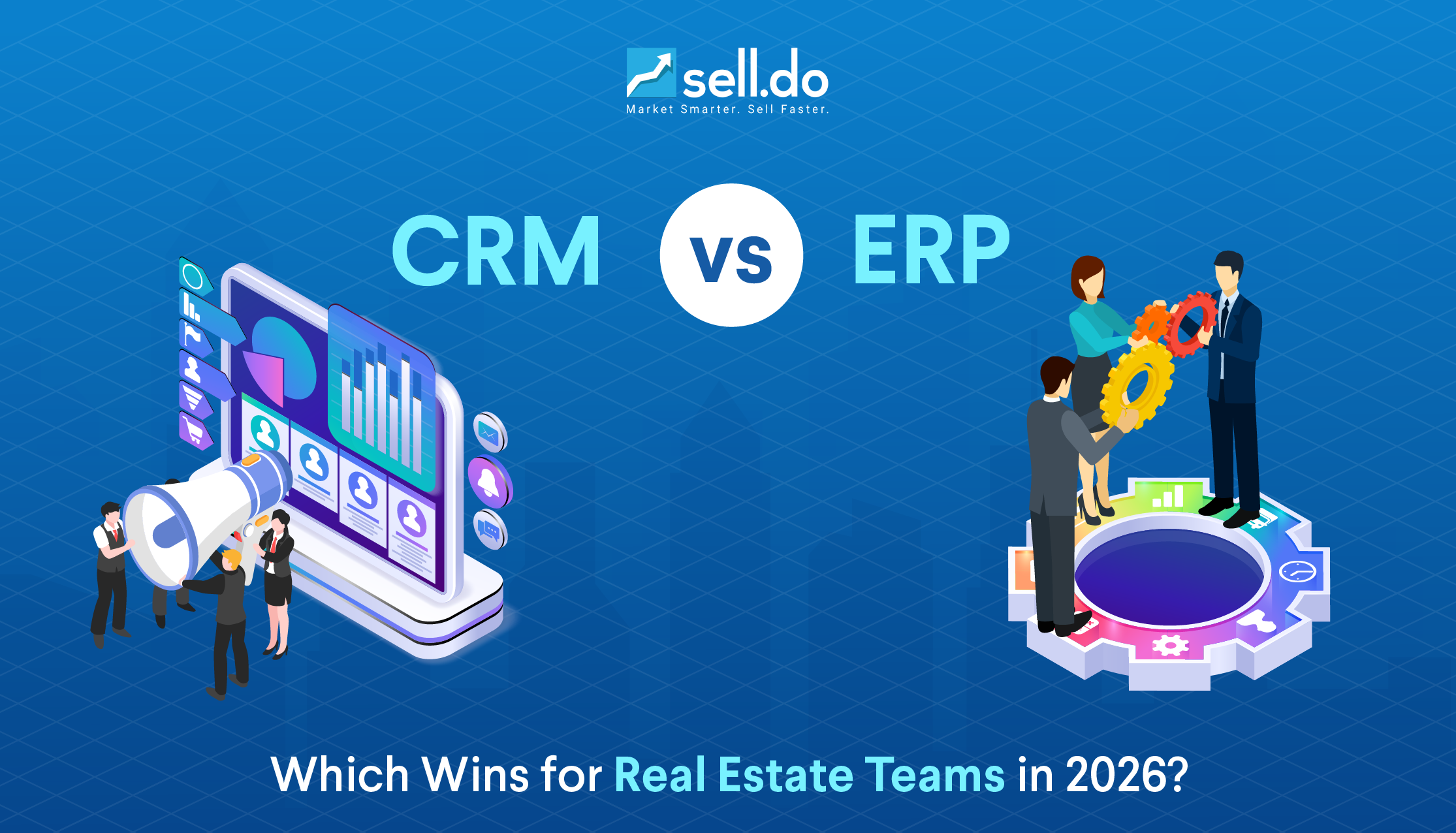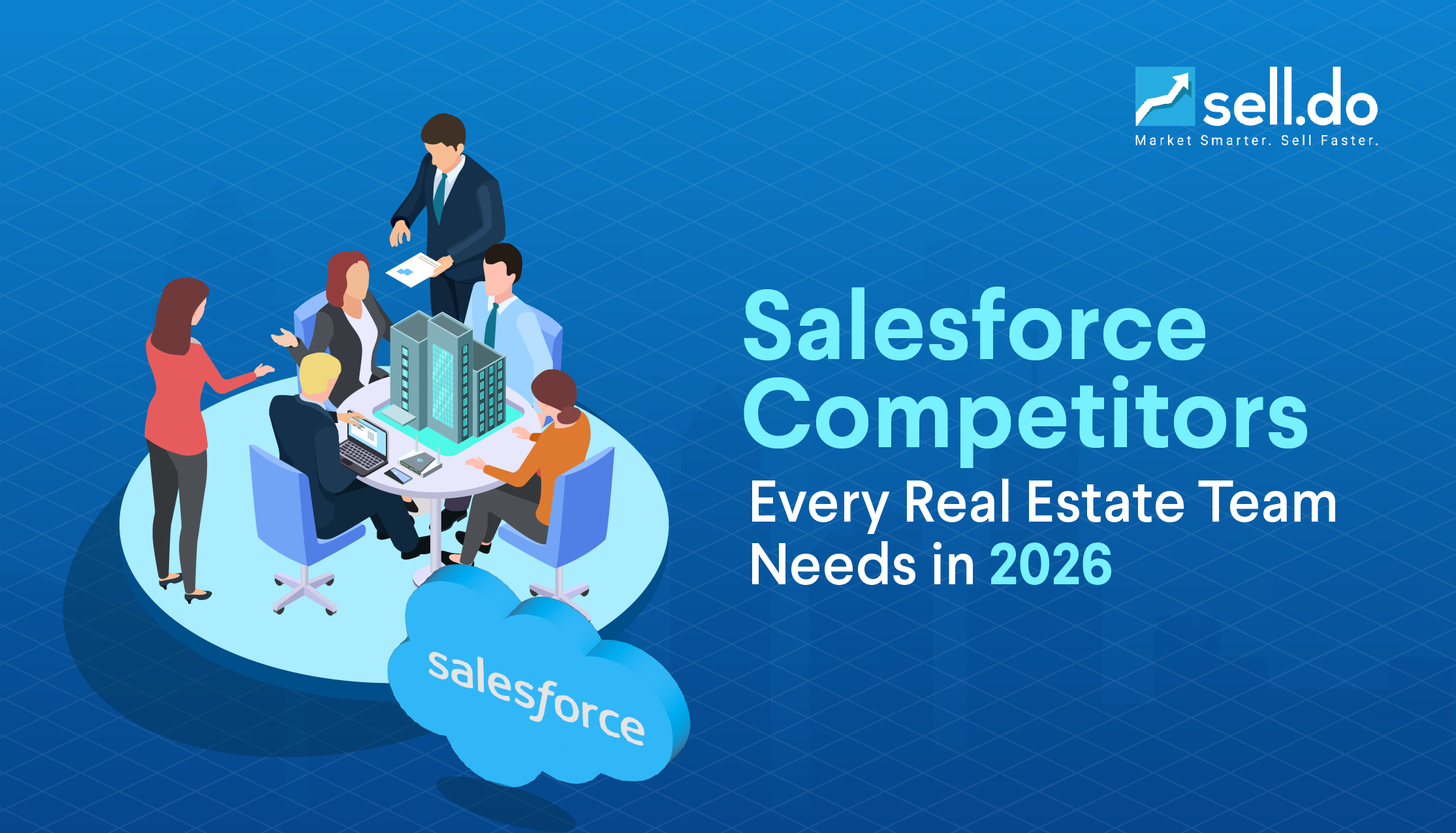Utilizing an effective Real Estate CRM is pretty evident these days for developers and brokers alike. It is the art of creating and retaining new customers. And in this digital era, CRM has proven to be a vital tool in multiple ways. There are several stakeholders in the Real Estate sector. The true importance of CRM in real estate resides in keeping all of them informed and enabling seamless collaboration.
Be it managing real estate leads, contact management, monitoring lead generation campaigns, document upload, or calendar management, a well-placed CRM system can help you manage multiple tasks in one go. However, Real Estate CRM software is a heavy investment ticket, and it must be utilized with optimally to achieve maximum benefits. Following are some of the best practices that developers and brokers must follow while utilizing their CRM.
Best Practices For Real Estate CRM Software:
-
Focus on automation:
![Focus on automation]()
Thanks to the improvements brought about by CRM Software, most of the work can now be automated. One of CRM's best practices is to focus on automation. Since the CRM is designed to lessen the majority of your workload, various processes, such as data entry, lead management, contact management, workforce management, sales automation, etc., can quickly be brought under the purview of automation. This will reduce the chances of errors, and you might enjoy some productive time at the end of the day.
-
Stay on top of your Inventory:
![Stay on top of your Inventory]()
Real Estate inventory is a significant challenge, and managing it on a day-to-day basis is a task in itself. So, if your real estate CRM software is targeted towards inventory management, your work will automatically synchronize and organize itself. When it comes to inventory records, proper documentation is an absolute must. These were initially performed manually, leading to serious miscommunication and error. To avoid these issues, a Real Estate business needs effective, tailor-made CRM.
-
Streamline channel partner collaboration:
![Streamline channel partner collaboration]()
In the Real Estate ecosystem, it is typical for a company to engage multiple Channel Partners; however, one must not compromise on customer experience. As per the 2012 Global CustomerService Barometer, 26% of consumers experienced being switched from one agent to another without any productive results. One of the best practices in Real Estate CRM is to manage the Channel Partners of a business and facilitate smooth communication among them.
-
Strengthen Business Analytics with Reporting:
![Strengthen Business Analytics with Reporting]()
A reliable Real Estate CRM Software solution collects data centrally, making it the optimal tool for analytics. One of the most critical best practices of CRM implementation involves proper reporting. With relevant, quickly drafted reports, you can easily track your company's sales performances, marketing campaign performance, etc., and determine how well the Real Estate business is doing. Proper reporting is key to ensuring that your company stays on top of its strengths and weaknesses and grows constantly.
-
Foster Omni-Channel Communication:
![Foster Omni-Channel Communication]()
An indispensable best practice for CRM solutions is to provide a seamless experience to the customers. Having intelligent and multi-way channel communication will prove to be beneficial for the business house. A modern-day communication channel involves multiple communication platforms, such as email, phone, social media, live chat, web conferencing, real-time updates, etc. A solid Real Estate CRM solution will adapt to all prominent communication channels across the board.
-
Cast a Wider Net with Third-Party Integrations:
It is in the best interests of a company to enhance its user experience as much as possible. If your CRM solution supports third-party integration, your Real Estate business has better chances of assimilating seamlessly into your user's lifestyle. To obtain professional excellence and accuracy, you can always bring in a third party to add further accreditation to your CRM. A CRM is, no doubt, one of the most powerful tools for a real estate agency. But the trick is to use it properly. Once you get a hands-on CRM that works its best practices into your business, there is no looking back for you.
How Sell.Do Makes A Difference
It is not easy finding a single channel that prioritizes and delivers on all six best practices required for a Real Estate business. At Sell.Do, we understand the seriousness of this problem. That is why we are known to come up with intuitive and sophisticated solutions that are unique fits for the Real Estate industry. With 9+ years of experience in the field, our software solutions are fully customized and designed by experts to ensure tailor-made results for Real Estate businesses. We are especially insistent about incorporating maximum best practices into our Real Estate CRM Software solutions.
As a result, when it comes to revolutionary improvements in the Real Estate ecosystem and improving the overall customer experience, you can expect a personalized, high-quality experience with Sell.Do
At Sell.Do, we have been delivering successfully since 2011. We believe that the Real Estate industry needs a Real Estate CRM solution, and that is exactly what we aim to provide you with every step of the way.











Leave a comment
Comments (0)
Be the first one to comment.